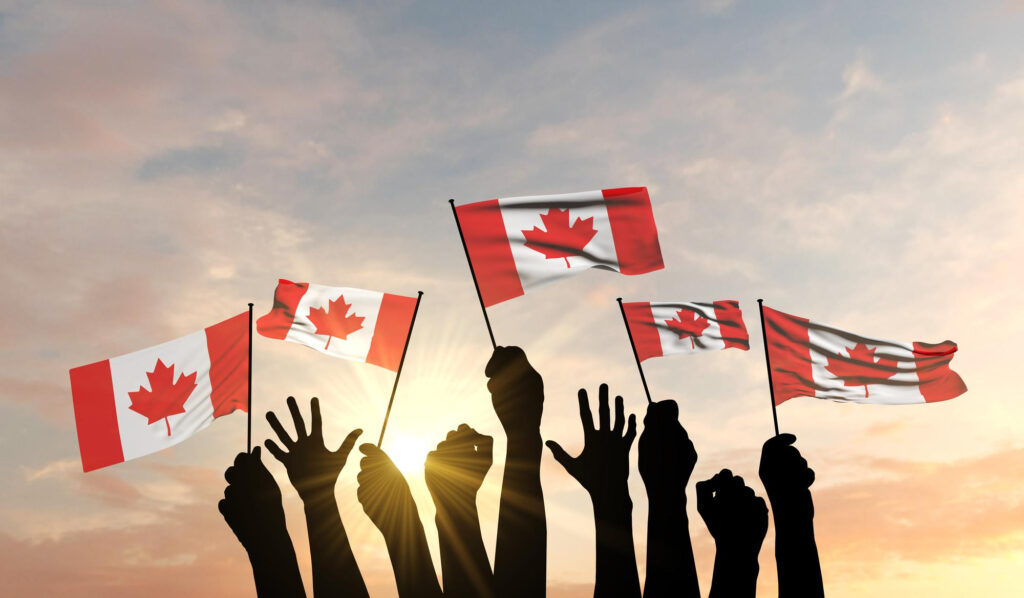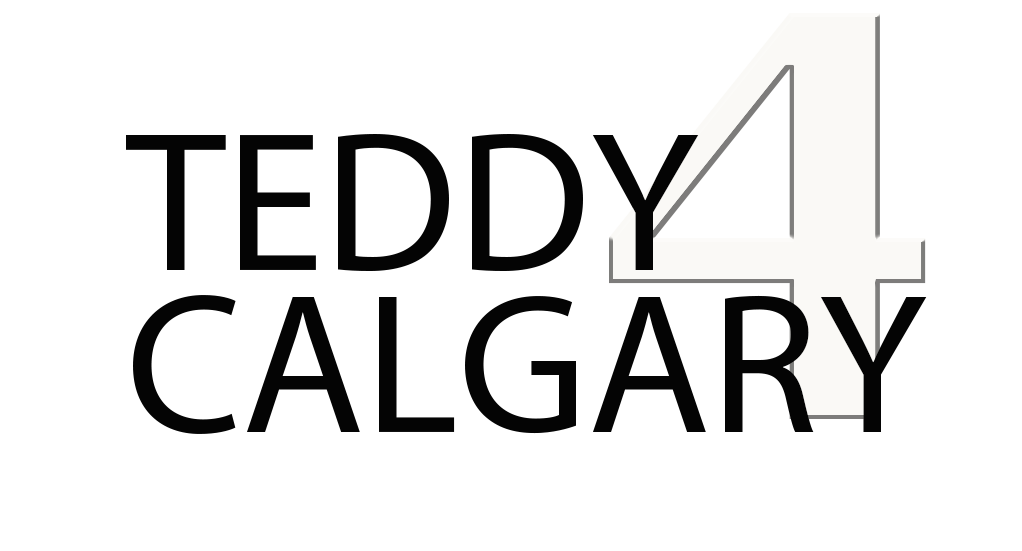Politics in Calgary
The city of Calgary is the largest in Alberta, Canada. Its long political history began in 1884 when it became a town. Since then, a lot of changes took place. Some were for the better, while others might have been for the otherwise.
Despite that, Calgary did emerge as a premier livable city. This is mostly thanks to its people who are resilient. They are very smart in selecting leaders who demonstrate good administration of the government.
The political choices of the people are the main reasons why Calgary is progressive today. Knowing the history and direction of the political landscape is a must for every Calgarian.

History of politics in Calgary
The city, as you may know, has humble beginnings. Its political history began after its incorporation as a town. The first mayor was George Murdoch. He served from 1884 to 1886. A big leap for the city was the introduction of its new charter in the 1900s.
In 1924 saw the first woman to have a seat in the City Council, Annie Gale. The city is a centre of political development. The Social Credit Party occupies the majority of seats in Alberta, with the party’s headquarters in Stampede City.
Another known personality in politics is Ralph Klein, the mayor of Calgary who became the 12th premier of Alberta. We also have Naheed Nenshi who was one of the longest-serving Mayor of Calgary.
Today, the Mayor is Jyoti Gondek. She is the first female mayor in the city’s history.
Which political party rules Calgary
There are four major political parties in the city namely:
- United Conservative Party of Alberta
- Liberal Party of Canada
- New Democratic Party
- Green Party
Looking at history, the Conservatives have long dominated the city. In the 2021 Elections, the Conservatives got 304,926 votes or 53%, while the Liberals got 128,163 votes or 22%. Close on its tail is the New Democratic Party with 95,538 votes or 17% and the Green Party, having 10,113 votes equivalent to 2%.
Difference between different parties
The UCP is a conservative party. As a right-wing party, it focuses on fiscal responsibility, lower taxes, and micro-management in government. It also supports the development of the city’s natural resources, particularly the oil and gas industry.
The Liberal Party of Canada is a centrist party. It supports progressive policies such as higher taxes on the rich, more social spending, and environmental protection. For this party, multiculturalism and immigration are important. It has also taken steps to address climate change.
The NDP is a Social Democratic Party. It pushes for progressive policies. This includes healthcare, housing, and the rights of workers. It also prioritizes economic development, environmental protection, and actions for climate change.
The Green Party bases its ideas on principles such as ecological wisdom, social justice, non-violence, sustainability, respect for diversity, and participatory democracy.
Big questions in Calgary
One of the challenges we are facing is rising unemployment. How will our future leaders address this issue?
Another problem is the rising crime rates. We need safe streets. How can our future leaders solve the issues?
Our schools are now experiencing overcrowding. We need more classrooms. How can we produce effective citizens if the education sector is suffering?
We are experiencing a shelter problem. Real estate is very expensive. How can we cut the increasing number of homeless families?
These are just a few of the big questions that need answers from our future leaders.
The future of politics in Calgary
The presence of four different parties is healthy. It means that the city is open to new ideas and personalities. This is good for the future. There is a change in how the people of Calgary choose their leaders. Looking for leaders who also care for the environment is a good choice.
Yes, the city is conservative, but its political environment is colourful and open to progressive ideas.
